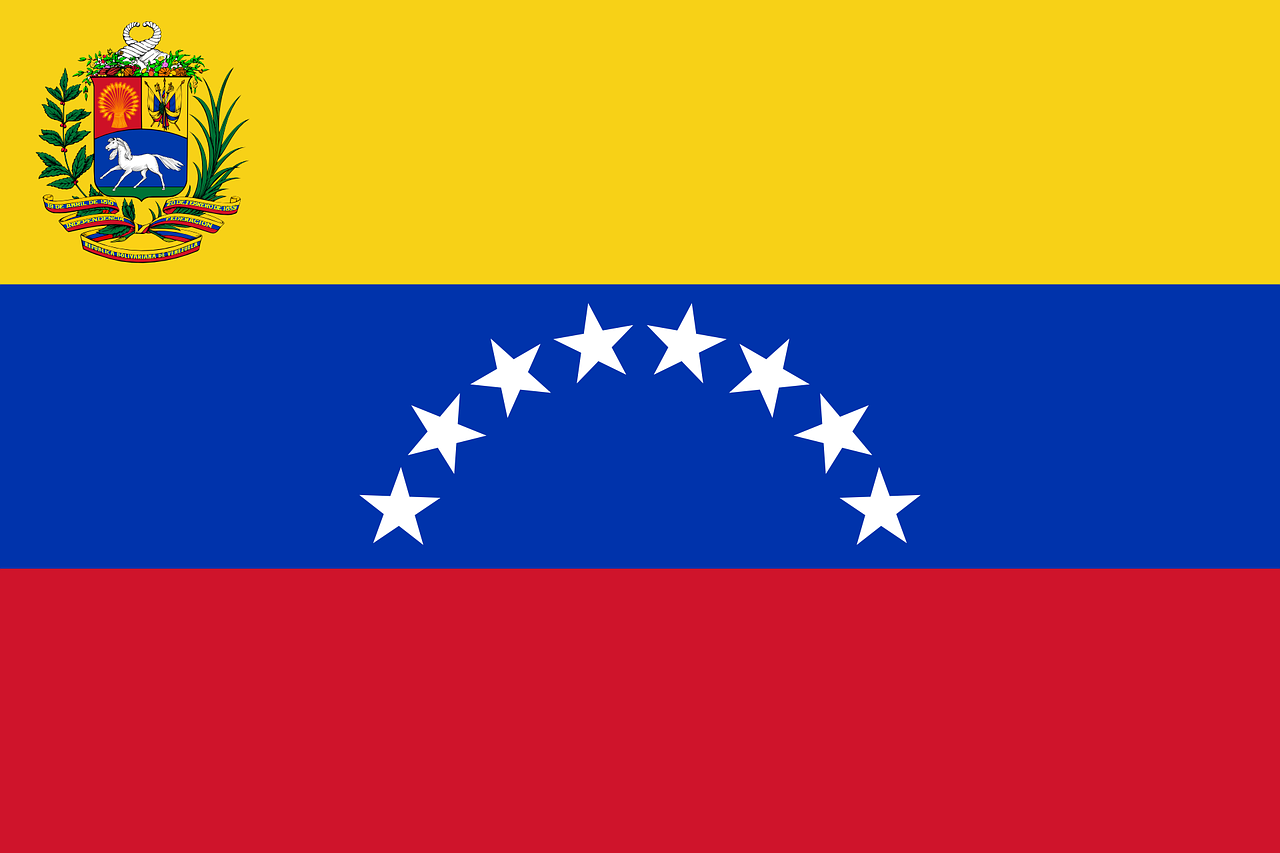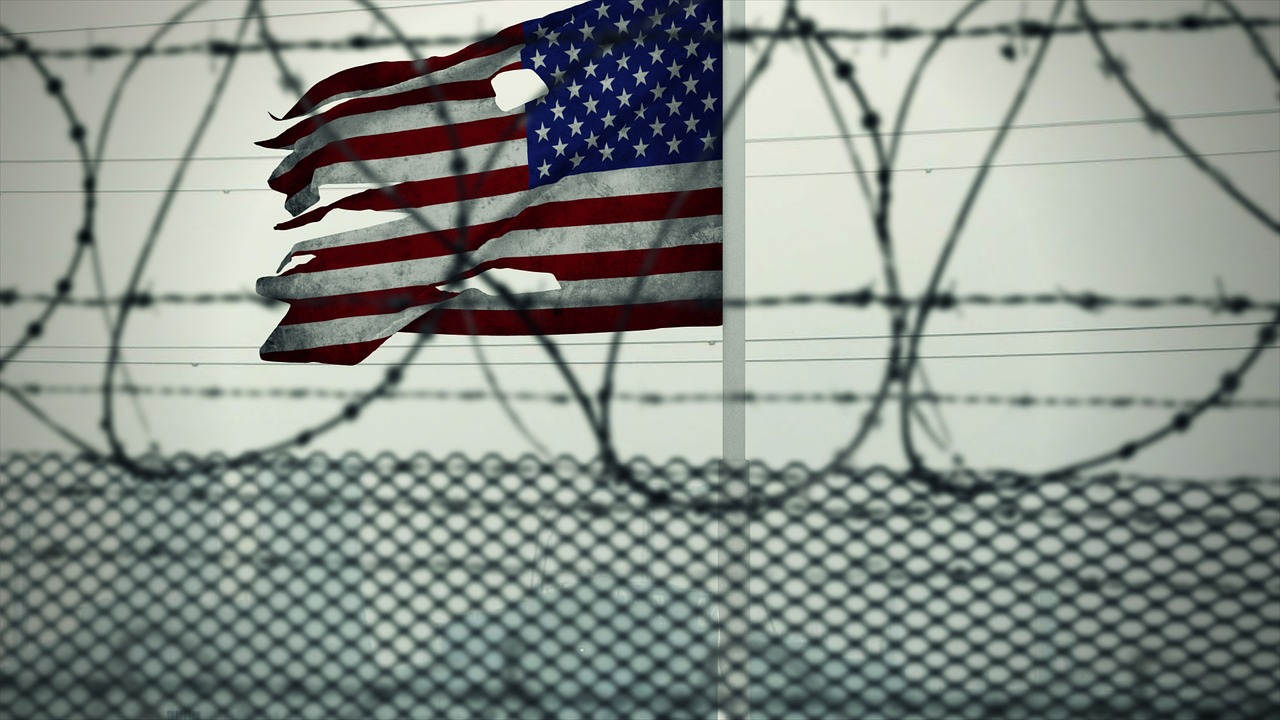 The Department of Homeland Security (DHS) has revoked an extension of Temporary Protected Status (TPS) previously granted to Venezuelans by President Biden, leaving more than 600,000 Venezuelans who are already in the United States in legal limbo. The extension would have provided benefits to Venezuelans through October 2, 2026.
The Department of Homeland Security (DHS) has revoked an extension of Temporary Protected Status (TPS) previously granted to Venezuelans by President Biden, leaving more than 600,000 Venezuelans who are already in the United States in legal limbo. The extension would have provided benefits to Venezuelans through October 2, 2026.
As a result, the 2023 designation for Venezuela TPS and any associated TPS-related protection and documentation for beneficiaries will last through at least April 2, 2025.
Those who are registered under the 2021 Venezuela TPS designation will have TPS protection through at least September 10, 2025.
Venezuelans have long been targeted by the Trump administration due to organized crime from violent Venezuelan gangs such as the Tren de Aragua.
Therefore, it comes as no surprise that President Trump has called to dismantle TPS extensions for Venezuelan nationals.
What this means
According to a notice which is set to be published in the Federal Register on February 3, 2025, Venezuela’s 2021 and 2023 designations for Temporary Protected Status (TPS) will revert to their prior expiration dates as follows:
- 2023 Venezuela TPS Designation: TPS is valid for current beneficiaries through April 2, 2025. DHS will need to determine whether to extend Venezuela’s 2023 designation by the deadline of Saturday, February 1, 2025. If DHS terminates Venezuela’s designation, the termination cannot take effect until 60 days after the termination notice is published in the Federal Register (no earlier than April 2nd)
- 2021 Venezuela TPS Designation: TPS will remain valid for current beneficiaries through September 10, 2025. A decision on whether to extend this designation must be made by DHS by July 12, 2025. If DHS terminates Venezuela’s designation, the termination cannot take effect until 60 days after the termination notice is published in the Federal Register (no earlier than September 10th).
 Visa Lawyer Blog
Visa Lawyer Blog










